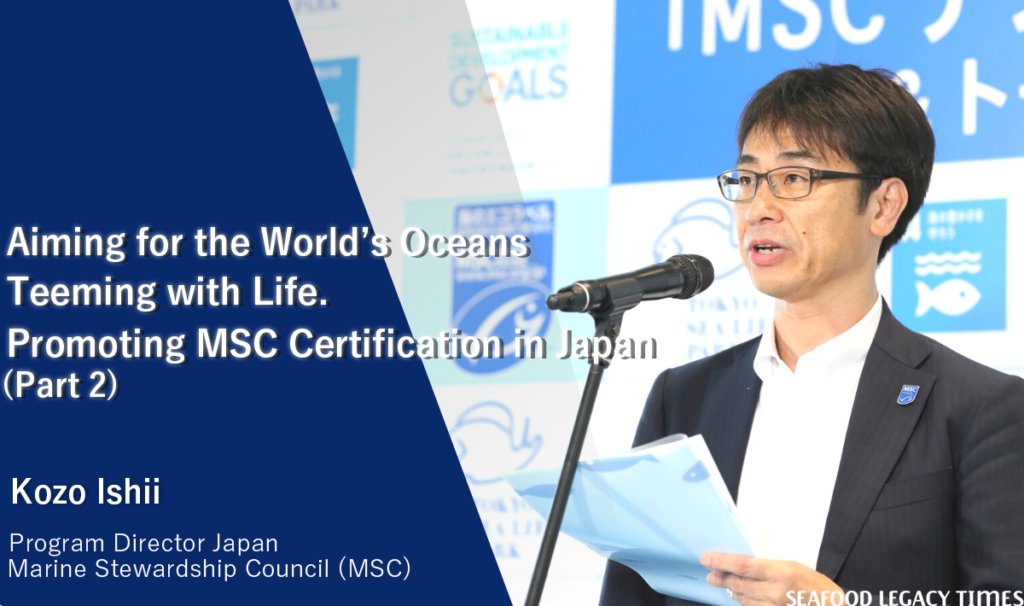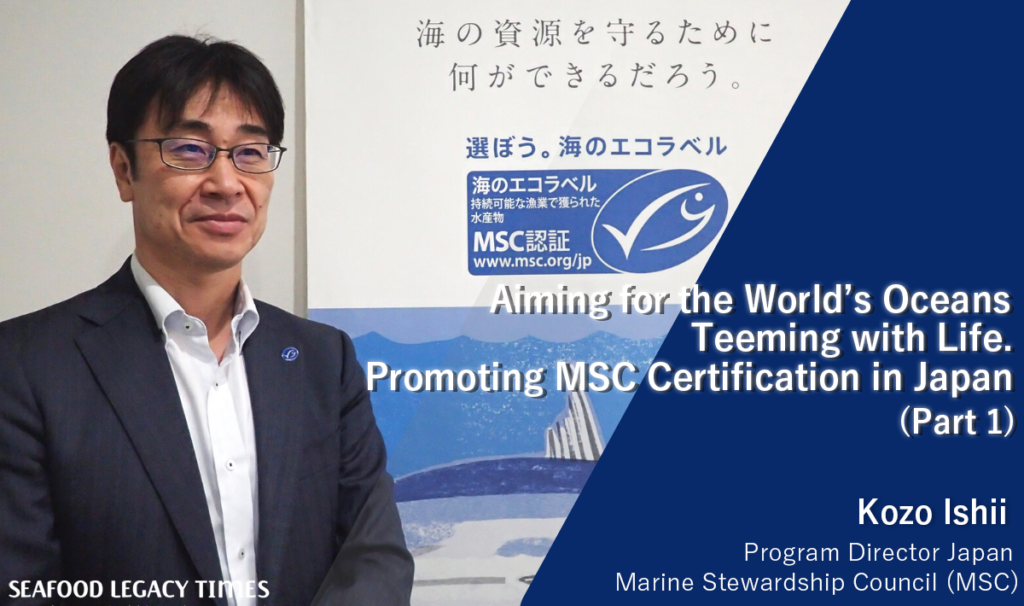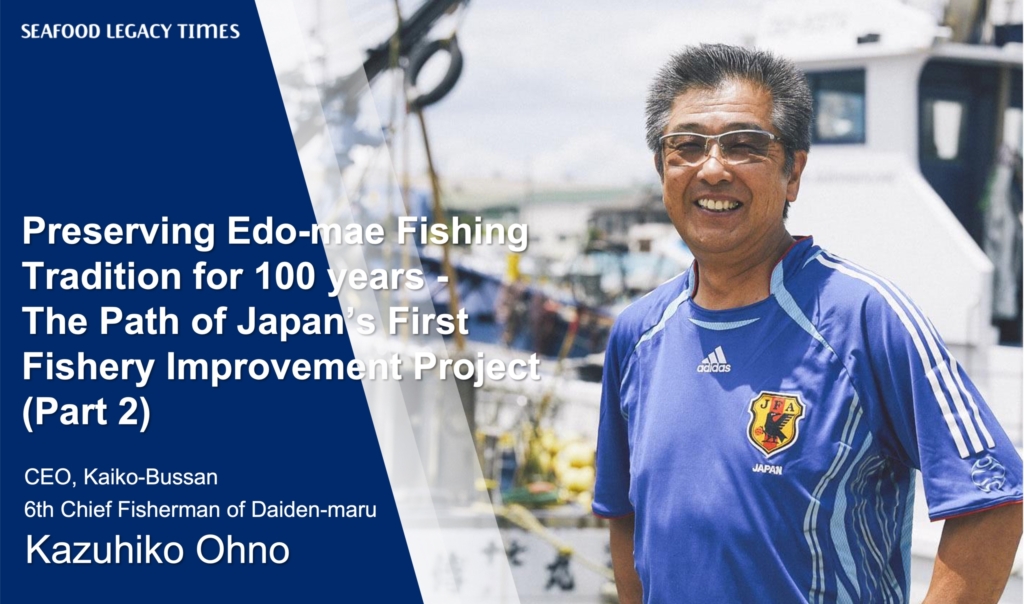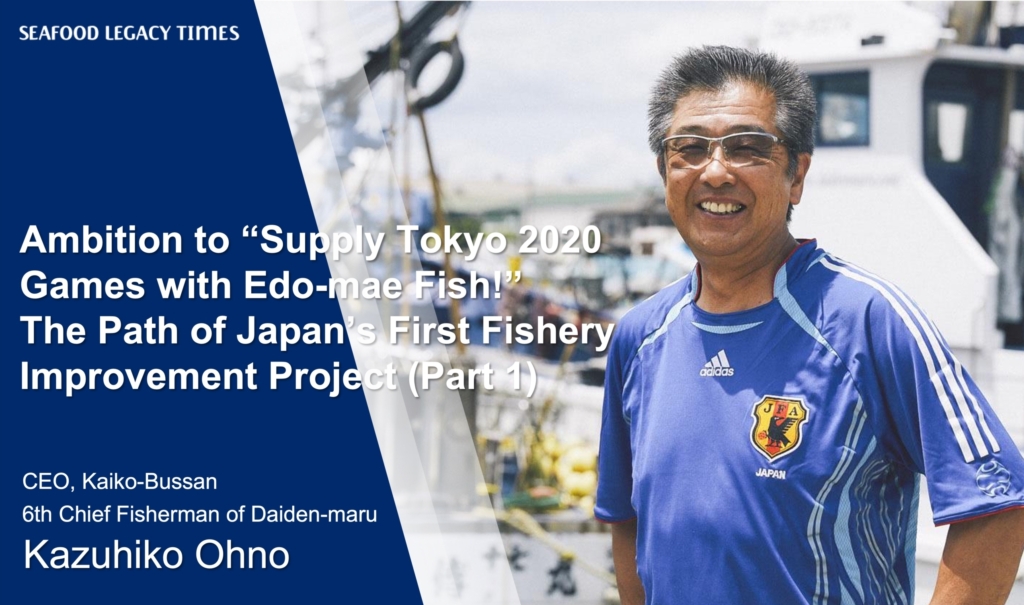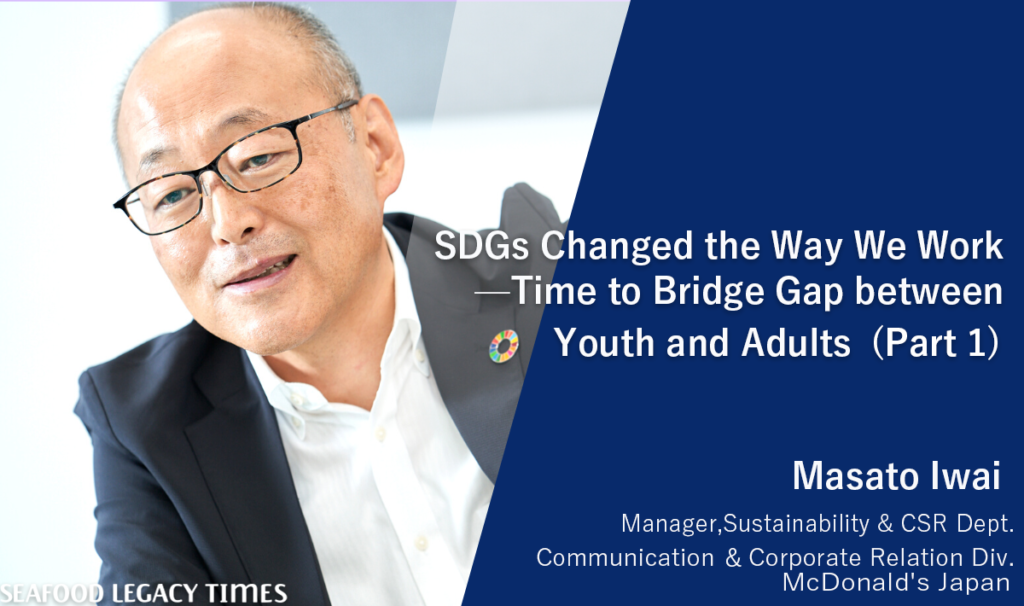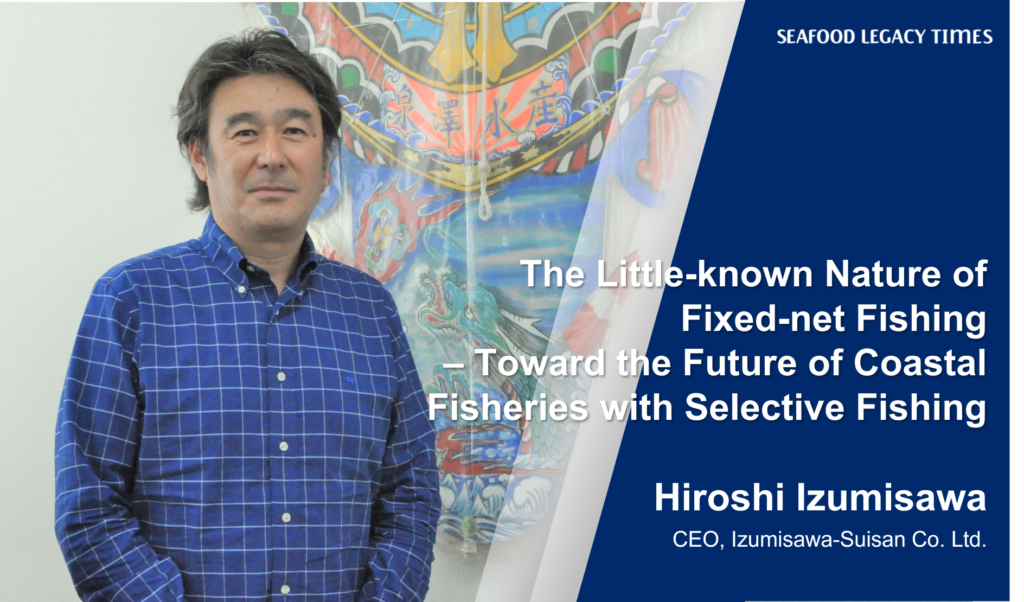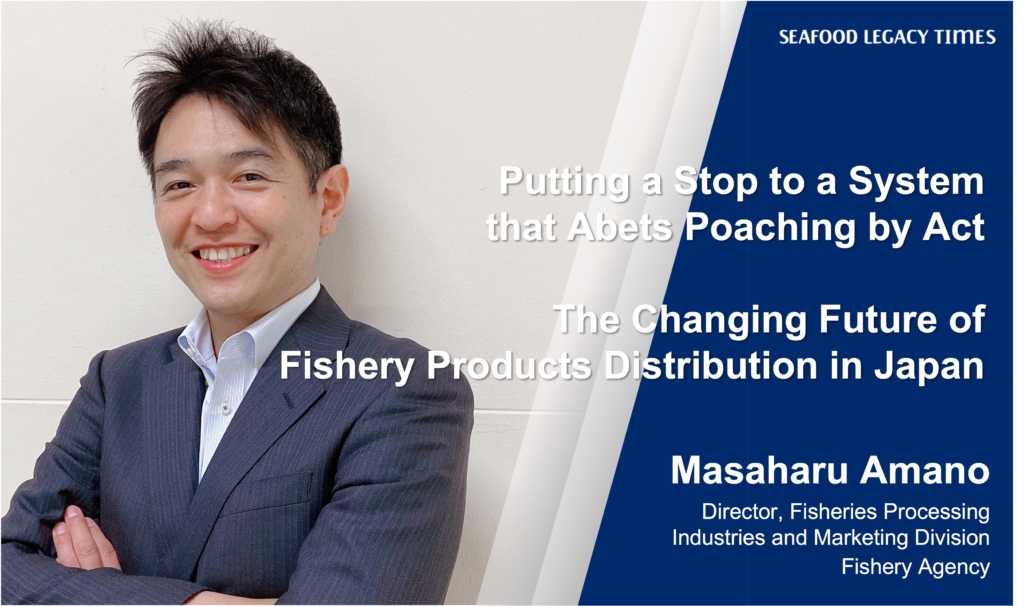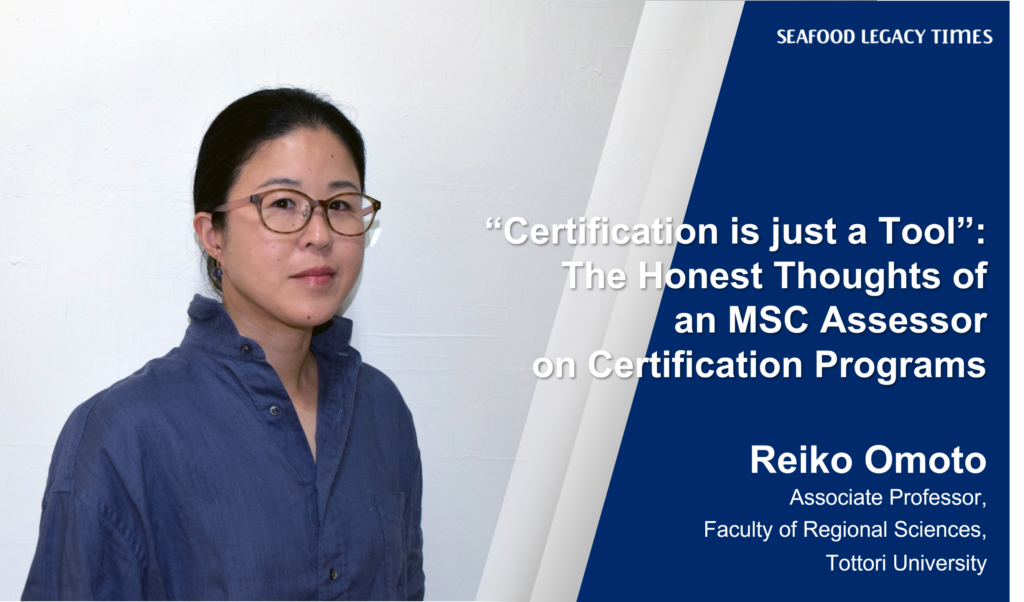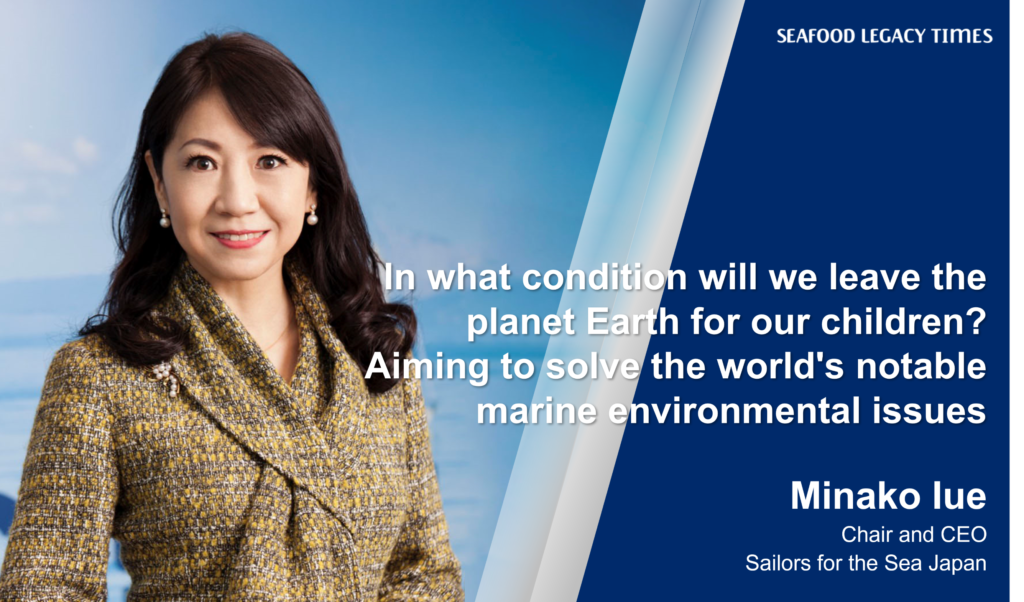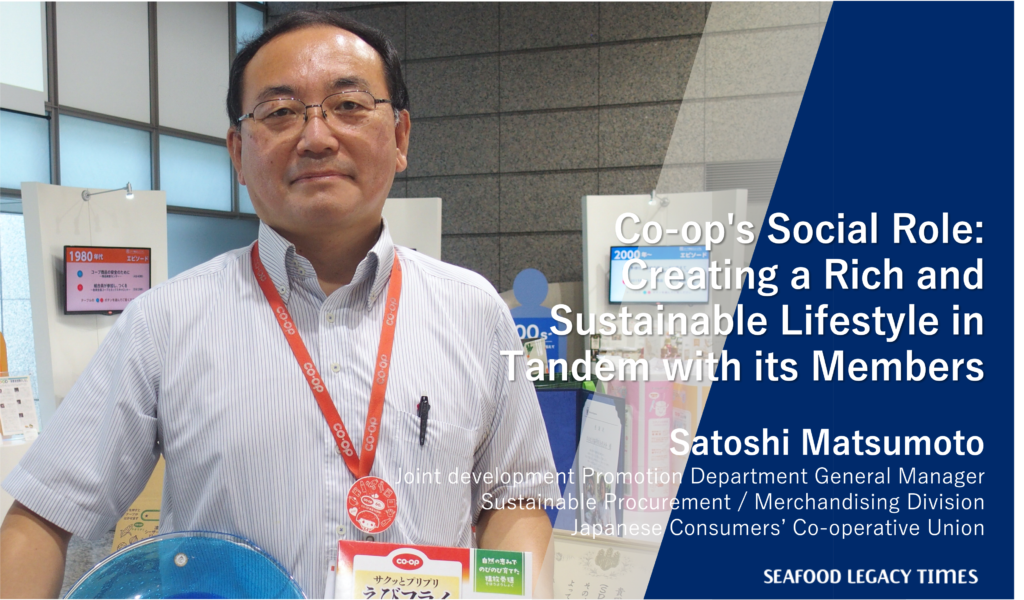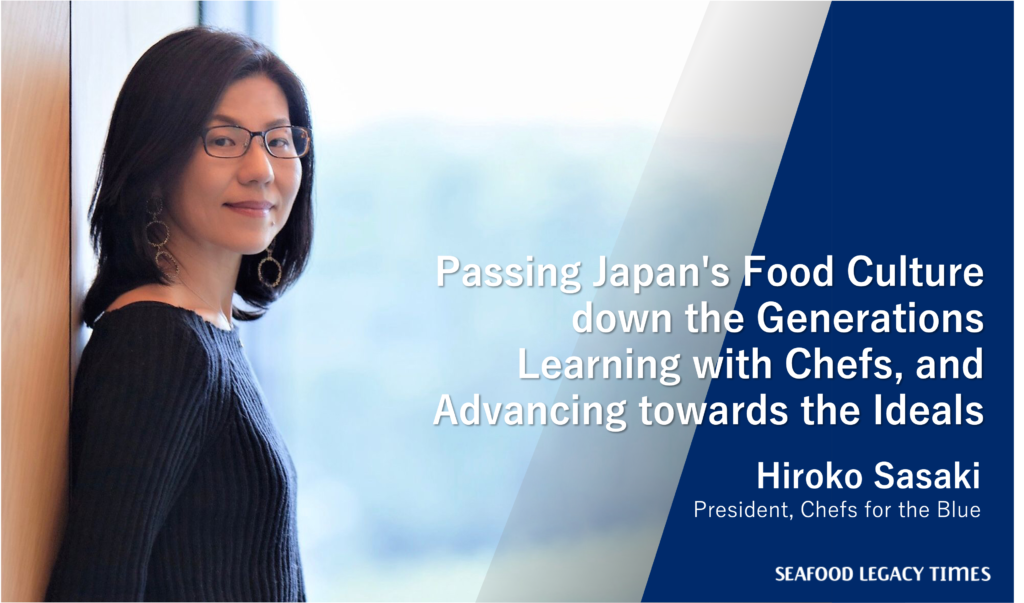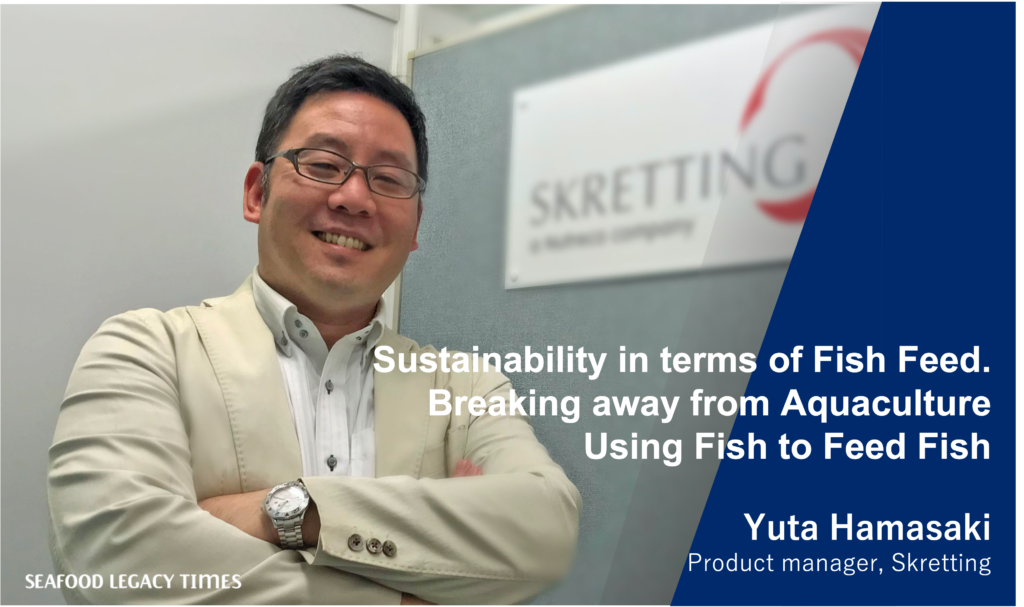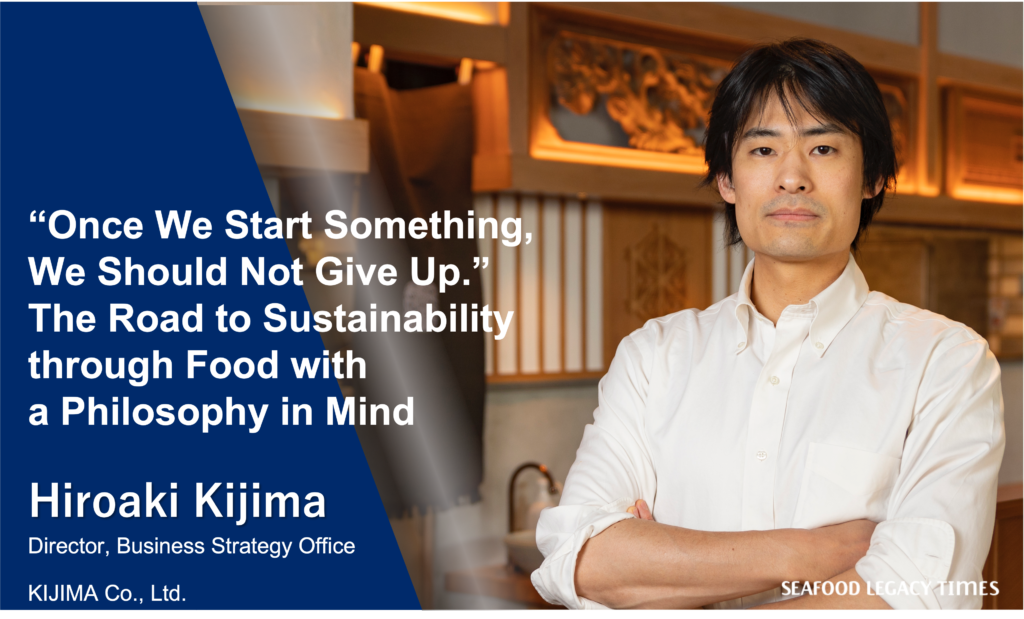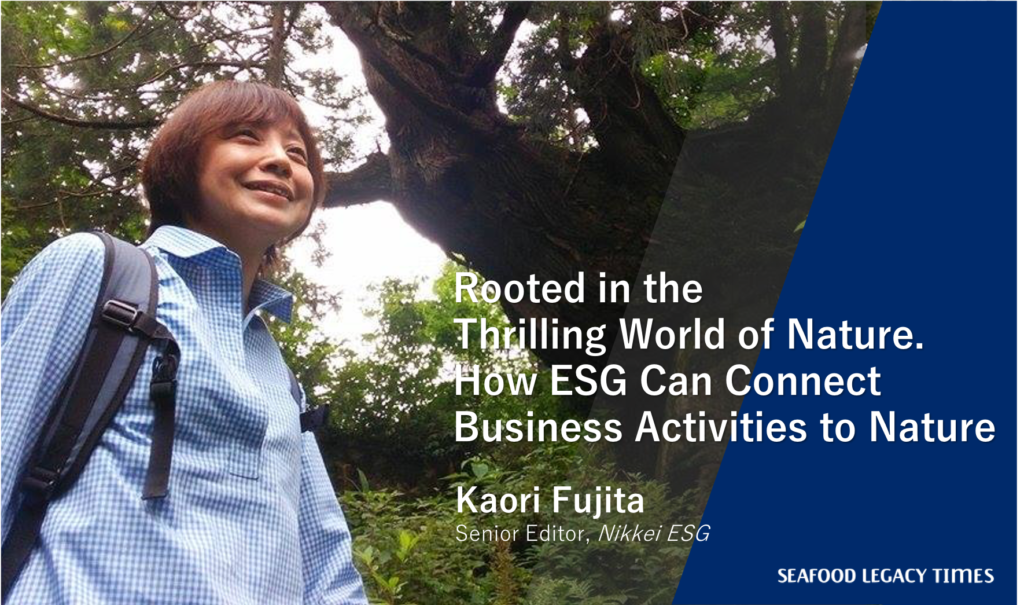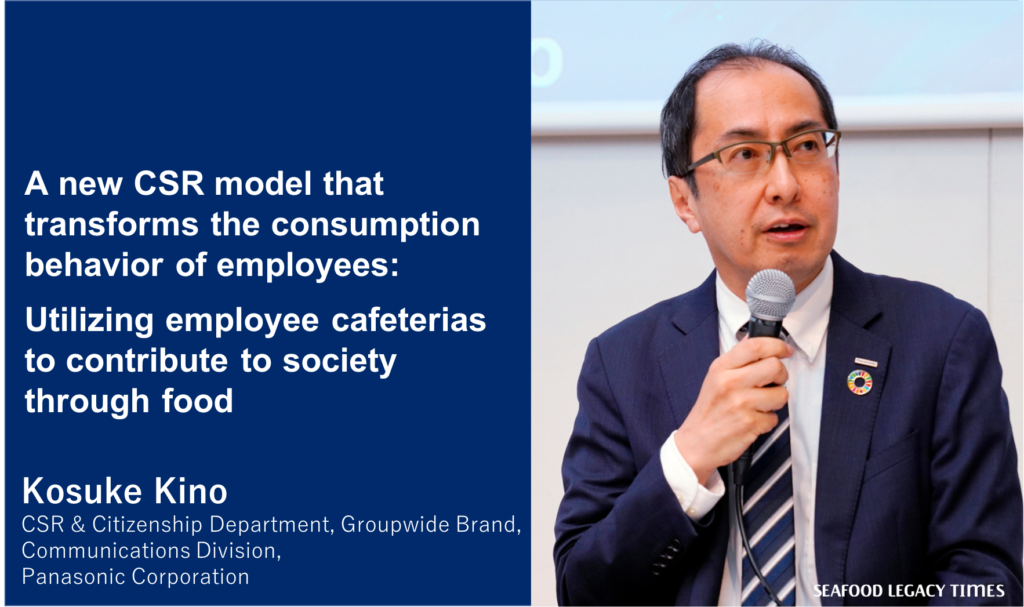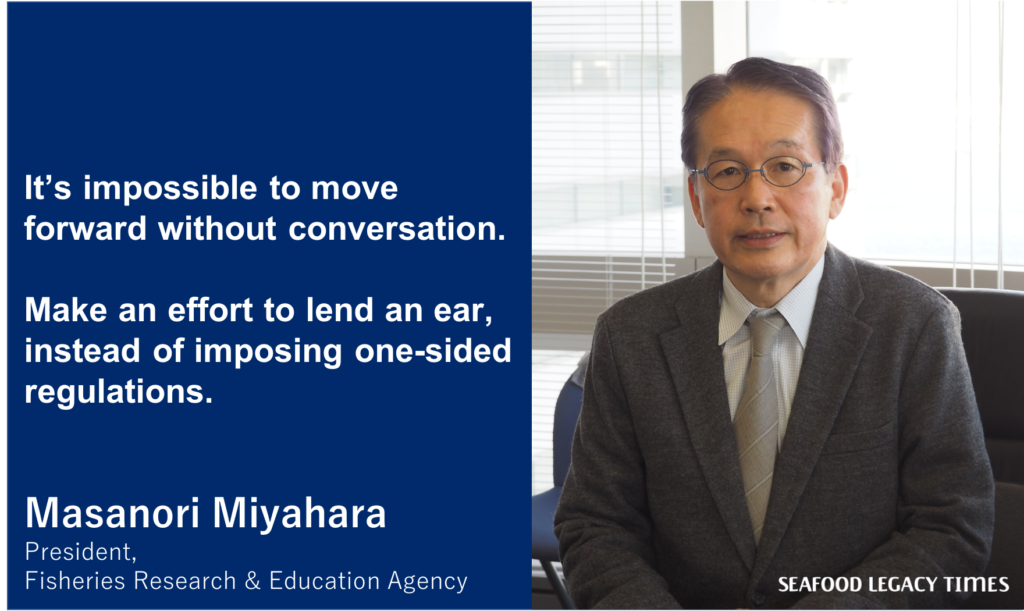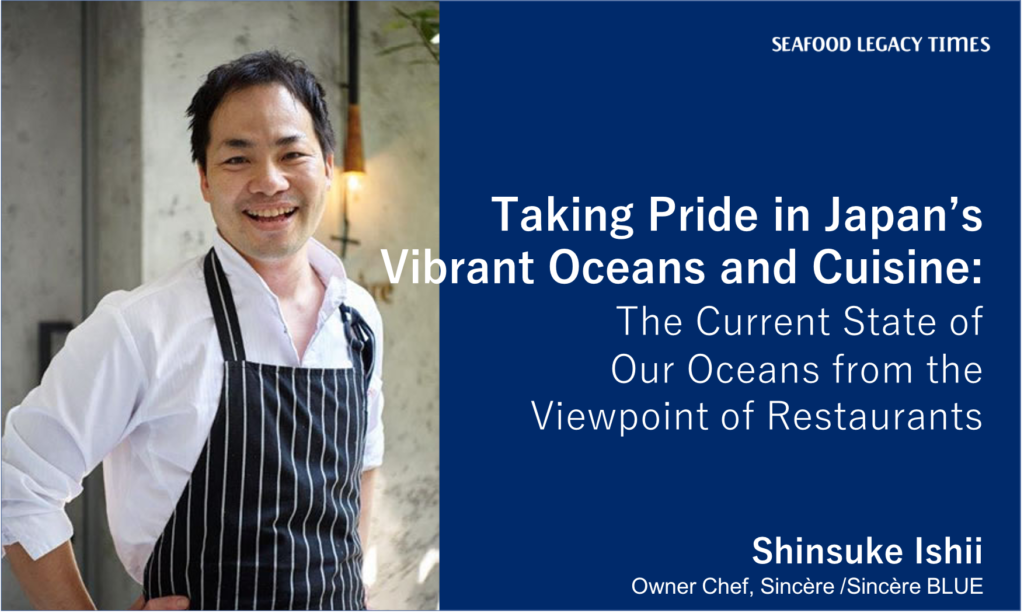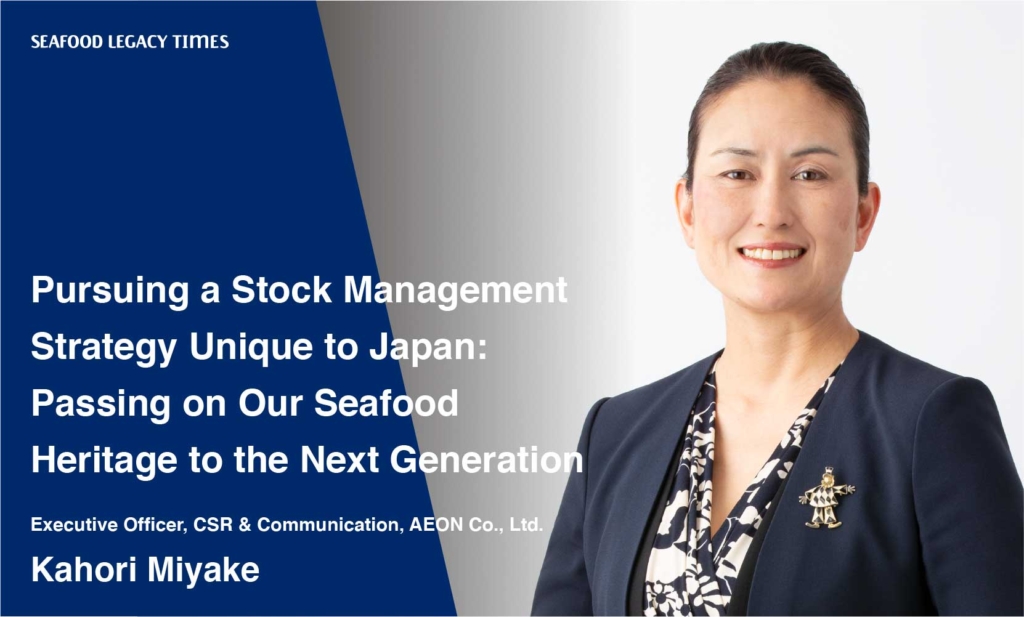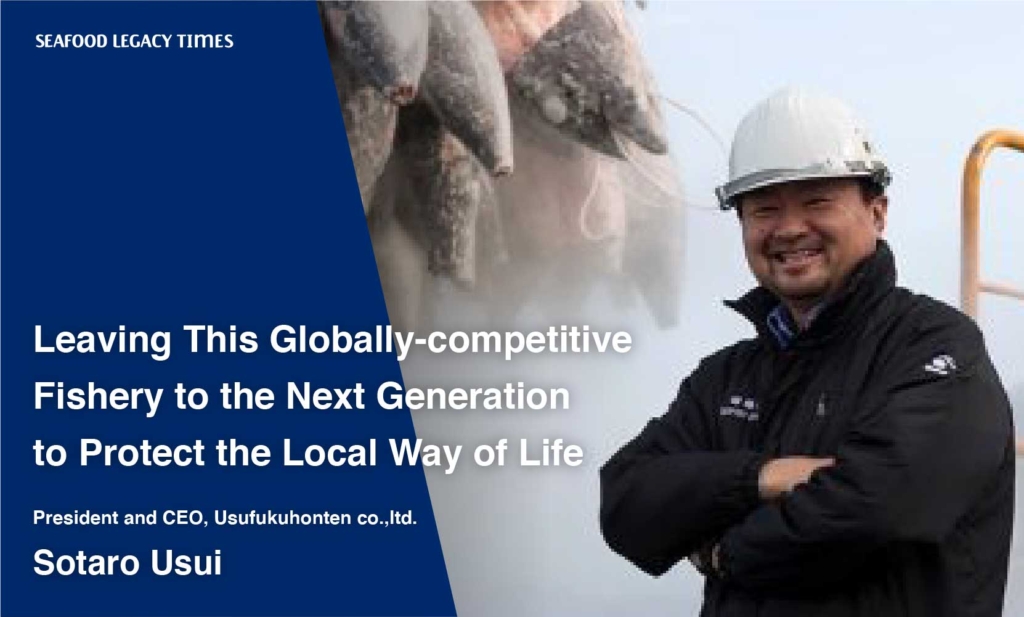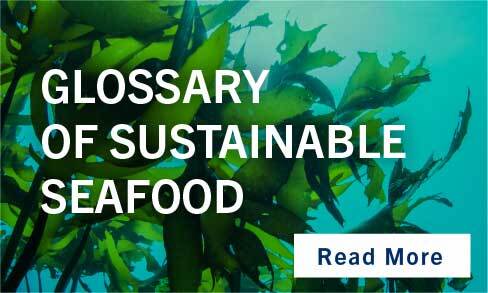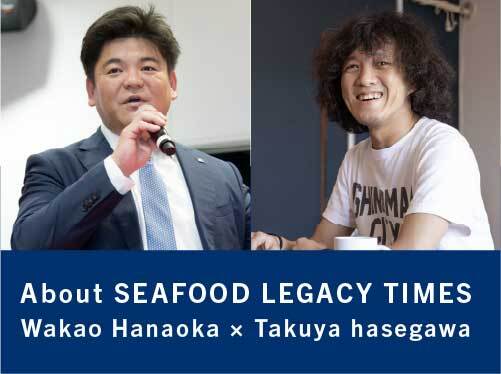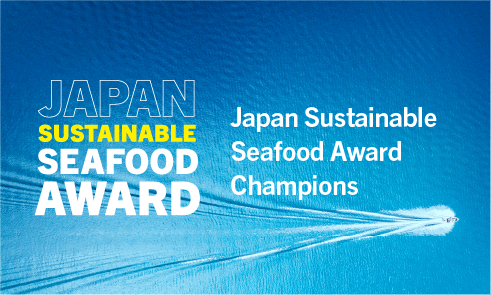
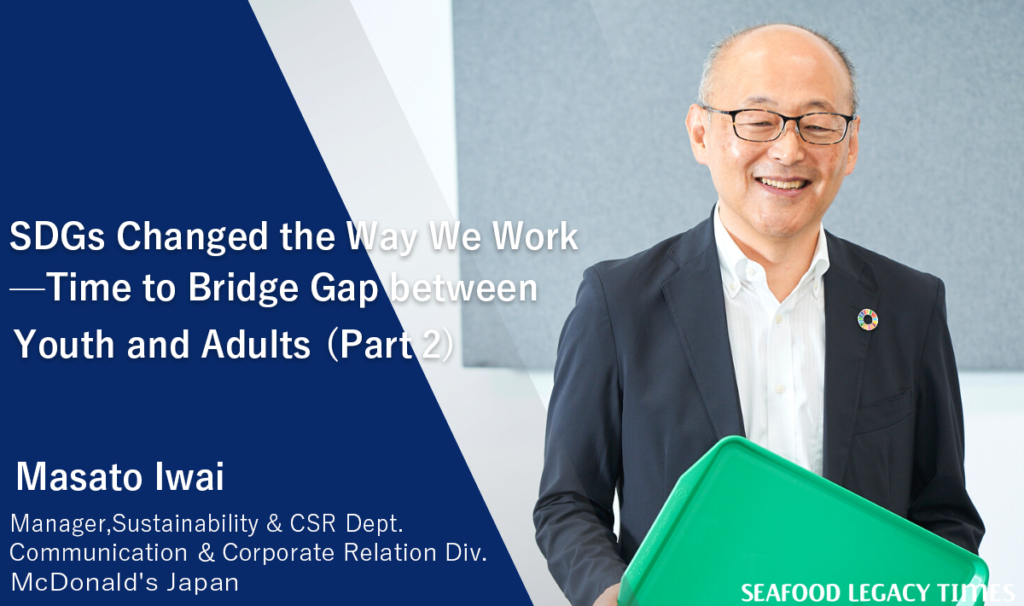
──Have you been dealing with these topics for a long time, Mr. Iwai?
No, only after coming to the CSR department. I joined McDonald’s Japan in 1984 and have been with the company for 37 years. I had experience working in various departments such as sales, development, and marketing, and I also did store inspections. I began working in the CSR department in September 2014.
──So the SDGs were announced after you moved to CSR?
That’s right. The SDGs were adopted on September 25, 2015, and at first they were only available in English, so I studied them using tools such as Google Translate.
Learning about them had such a great impact that I thought, “If it weren’t for the SDGs, I would have been able to live out the rest of my days as a peaceful salaryman (laughs).”
──That is quite an impression. How did they impact you?
I felt as if my previous ways of thinking and working had all been overwritten in one fell swoop. Of course, the work I had been doing up to that point was also worthwhile, and I took it seriously. But there’s no question that I had to really rethink my job and its meaning.
Even before I joined CSR, I had worked on various small initiatives, such as cleaning up around the restaurant. The SDGs are broadly aligned with McDonald’s goals in the “0 Yen Smile” campaign, so because the ideas weren’t a completely foreign concept for McDonald’s, we probably had a relatively easy time absorbing them.
Also, they are expressed in the form of 17 clear goals, which are the same everywhere in the world. This level of clarity and consistency is amazing.
──You mentioned that you also communicate with other companies regarding the SDGs. Is there anything you would like to share with people engaged in similar efforts at other companies?
McDonald’s has a great sense of purpose of “providing delicious food and smiles to the community,” and everything I have done has been guided by that mission. The most important part of the process is dialogue. I often speak about this with people from other companies.
Whether you’re speaking with a company from a different industry, a NGO, a NPO, or a local government, it’s important to listen to what they have to say without dominating the discussion. “Talking to all kinds of people is key.”
Among the 17 SDGs, McDonald’s is especially focused on six of them, among which is #17, “Partnerships for the Goals.” Until now, our partners would have been owners and operators in our supply chain.
Now, we have not only business partners, but also local governments, relevant ministries, NGOs, and NPOs. I previously mentioned “listening to partners without dominating the discussion,” and I also feel the importance of this in my own personal life.
 Relationship between various activities and each of the SDGs. The top row, “Sustainable food production,” is the most highly connected to the SDGs (from the 2020 CSR Report)
Relationship between various activities and each of the SDGs. The top row, “Sustainable food production,” is the most highly connected to the SDGs (from the 2020 CSR Report)
──It has been a year and a half since the MSC-certified logo began to be displayed on Filet-O-Fish. What kind of response and results have you seen since then?
With MSC certification, as with FSC certification, adding the logo does not necessarily lead to a visible increase in sales. The truth is that it is difficult to demonstrate the results in a straightforward way, even if you spent a lot of money. But that is only if you consider the money spent on acquiring and maintaining MSC certification as an operating cost.
Various companies have asked us, “Who bears the cost?” My answer is, “The outlays for acquiring the certification and labeling are not an operating cost, but an investment.” A management decision to recategorize it from a cost to an investment is needed.
Today’s middle and high school students, Generation Z, and millennials have physically felt the impacts of climate change since they were born, and they treat the SDGs as common sense. These are the people who will become part-time or full-time employees at McDonald’s in the future.
Unlike adults of previous generations, they are sensitive to climate change and environmental issues, so when looking for a job, they are attracted to companies that proactively take action on environmental issues, and they also tend to favor eating at environmentally friendly restaurants.
When eating at McDonald’s, we want them to know that because they see the MSC-certified logo, they can enjoy a delicious meal with peace of mind. If companies don’t begin going down that path now, they won’t make it in time.
Although gaining acceptance from millennials has an impact on sales, it is more important to be recognized as an environmentally friendly company.
The MSC-certified logo represents McDonald’s value chain. Until now, McDonald’s may have focused on providing “smiles” to the people who bought, ate, or came to our stores. We are now expanding that to include the smiles of employees, producers, factory workers, and their families. The MSC-certified logo conveys this more inclusive approach covering all of our partners.
_スキームオーナー様お戻し反映_200925-838x1024.png)
──What issues and activities are you considering for the future?
We believe that there are three steps to environmental activities: “familiarity and awareness,” “learning and communicating,” and “taking action.” From now on, we would like to focus more of our efforts on the “communicating” step.
And, as with anything related to SDGs, behind MSC certification, there are also environmental and human rights, biodiversity, and other issues. I think it is important that we work together to understand these issues with people, rather than trying to educate them from above.
Another issue is the low public recognition of MSC certification, and McDonald’s cannot solve this on its own. We absolutely need to work together with other partners.
For example, retailers and supermarkets in Japan are starting to handle MSC-certified products that do not operate separately but work together.
Recently, the SDGs have become a hot topic, and have even been covered on TV. The MSC-certified logo is a valuable step toward a solution. We would like to convey this to adults in their 30s and above to help them understand.
For example, the UN Biodiversity Conference is scheduled to be held in October 2021, after it was postponed from last year. These events are a great opportunity to discuss topics related to the SDGs, and I hope that more companies will leverage these opportunities to work with NPOs and other organizations to spread awareness without missing the opportunity.
Masato Iwai
Masato Iwai joined McDonald’s Japan in 1984. As the manager and supervisor of several franchises, he dedicated himself to providing our customers “the greatest restaurant experience.”
Later, he was transferred to headquarters, where he provided support for efforts which enabled our restaurants to deliver their highest-level performance to customers, such as developing new products and new business model.
As of September 2014, he has been in charge of environmental efforts. In order to fulfill the corporate responsibilities borne by the 2,900 McDonald’s restaurants located throughout Japan, he has been in charge of promoting information awareness campaigns for our Sustainable Development Goals (SDGs), and various efforts contributing to the environment on our Earth.
Original Japanese text by: Keiko Ihara









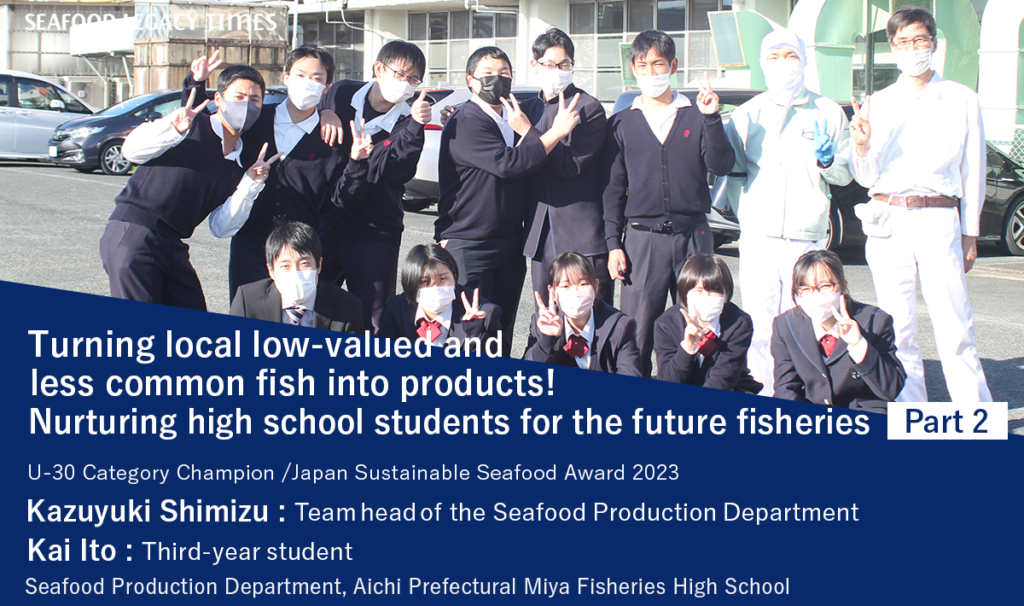
-1024x606.png)


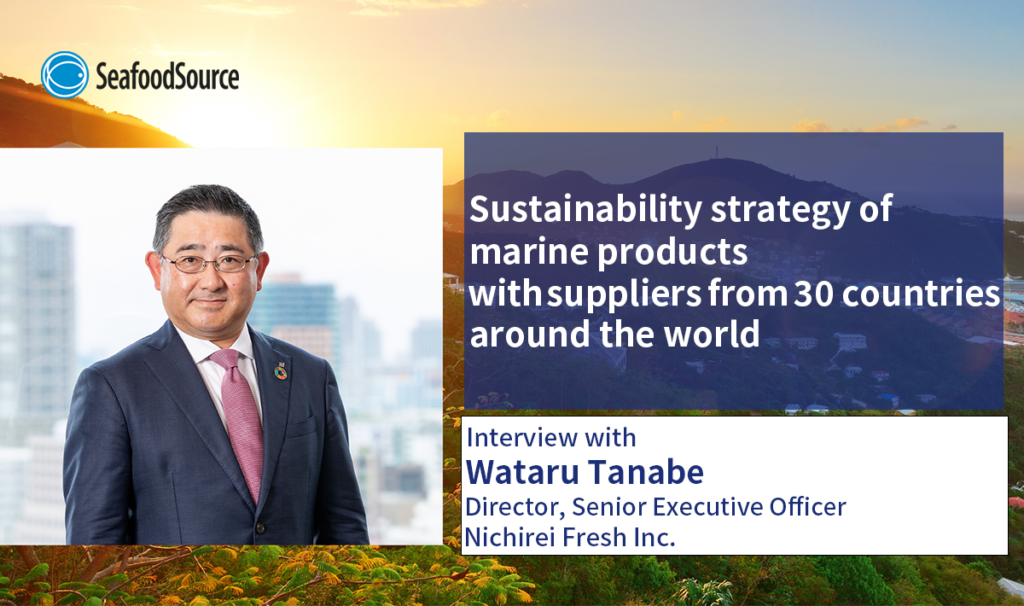
_-1024x606.png)

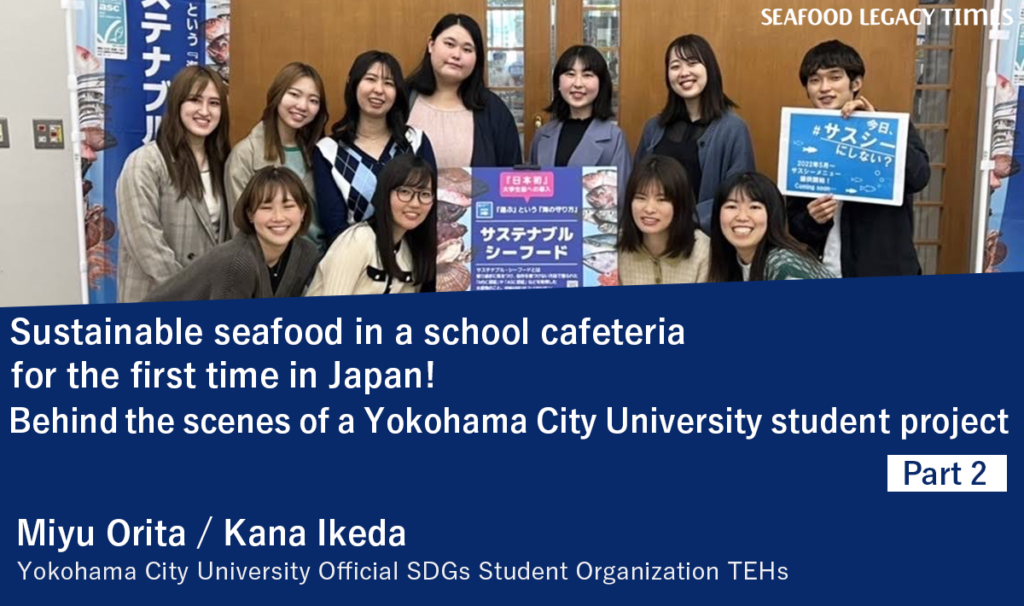
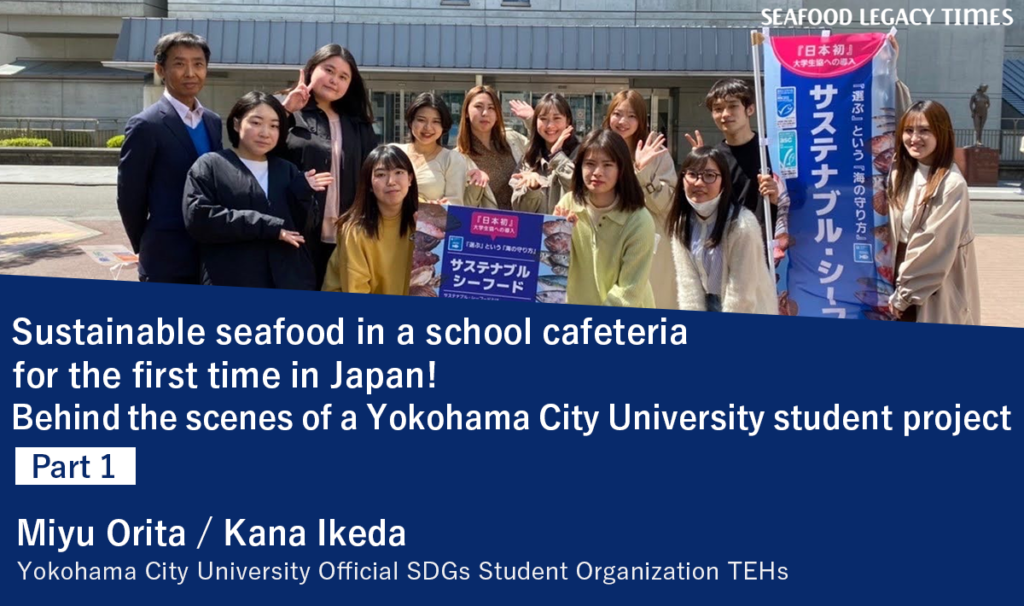



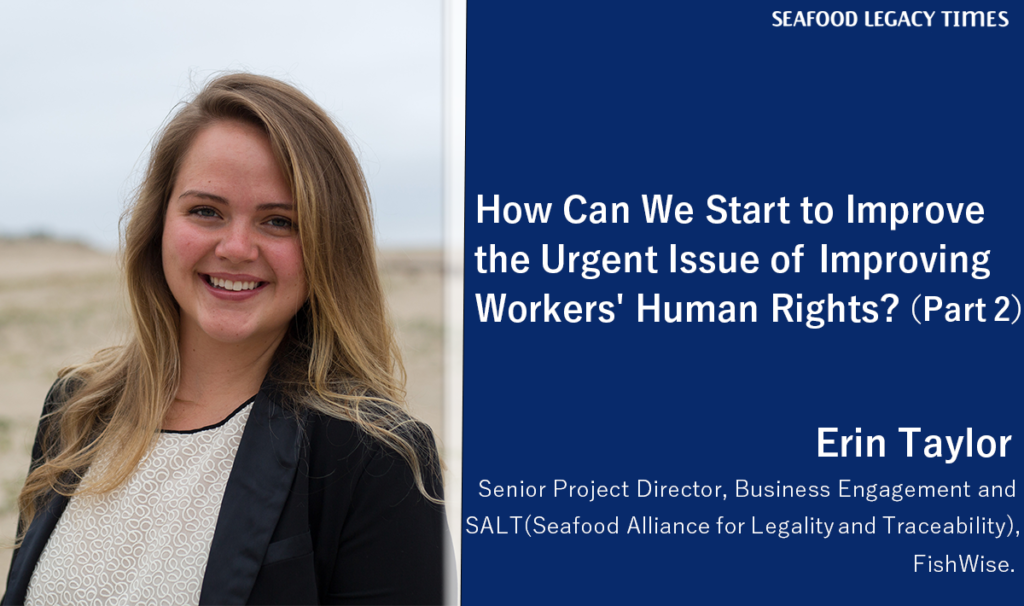
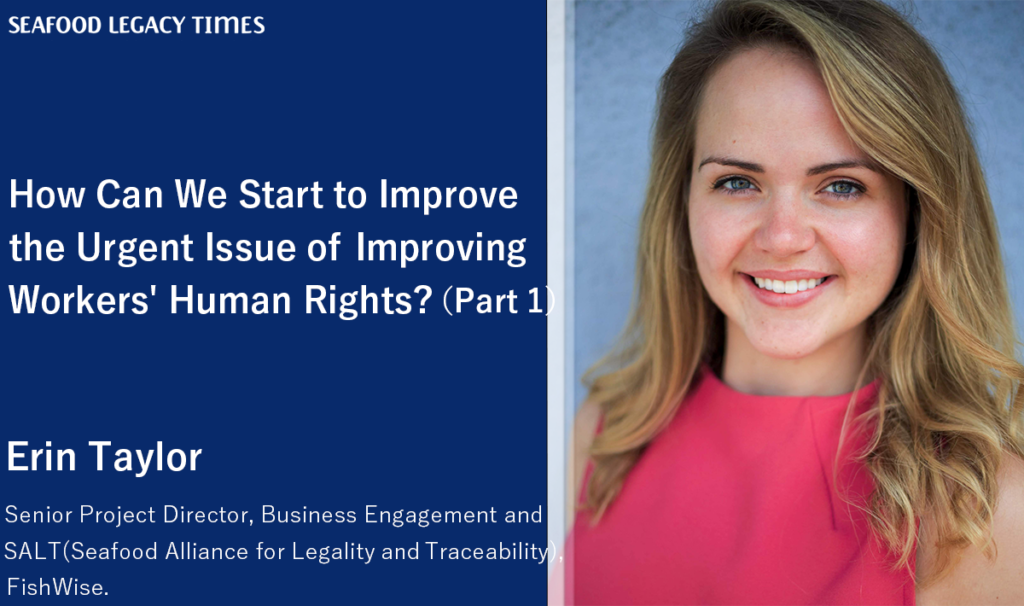
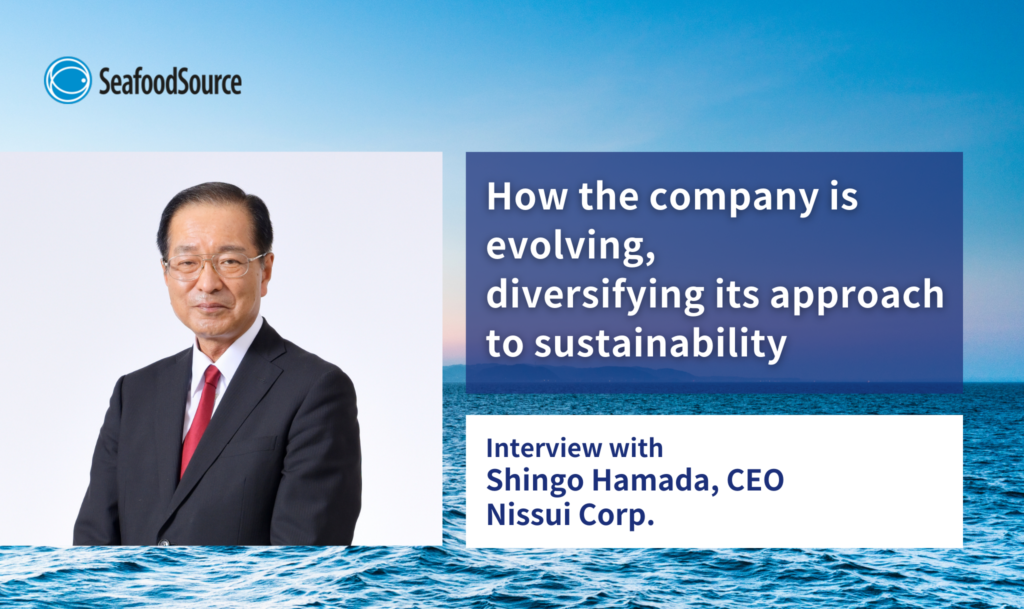




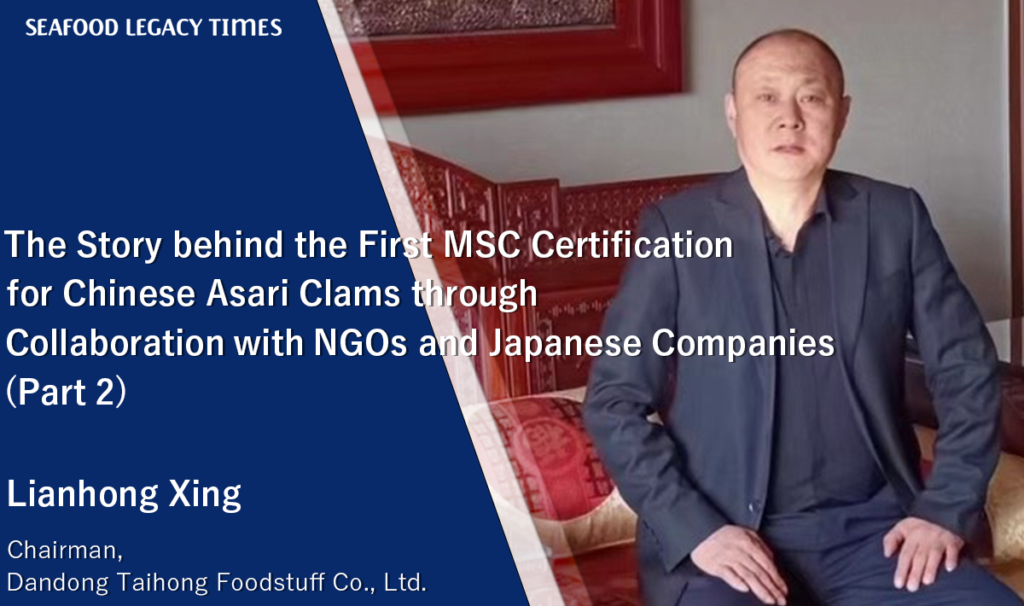
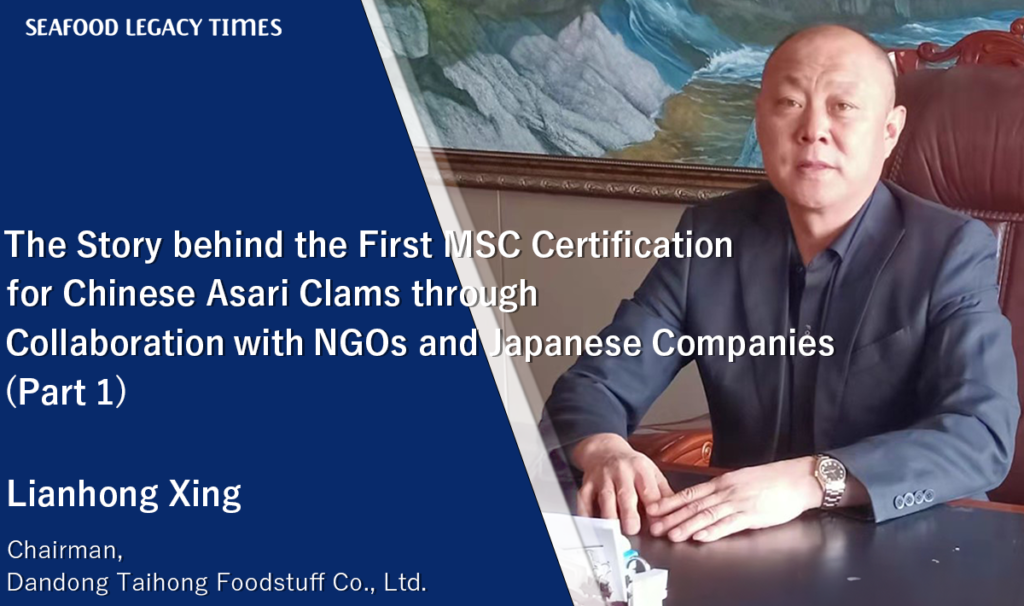

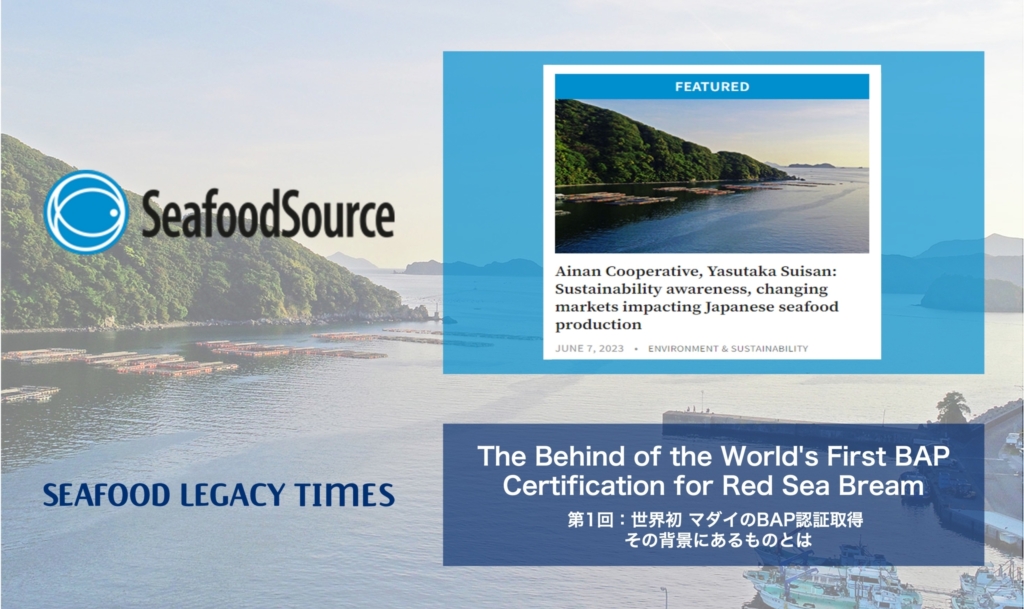

1_修正524-1024x606.png)


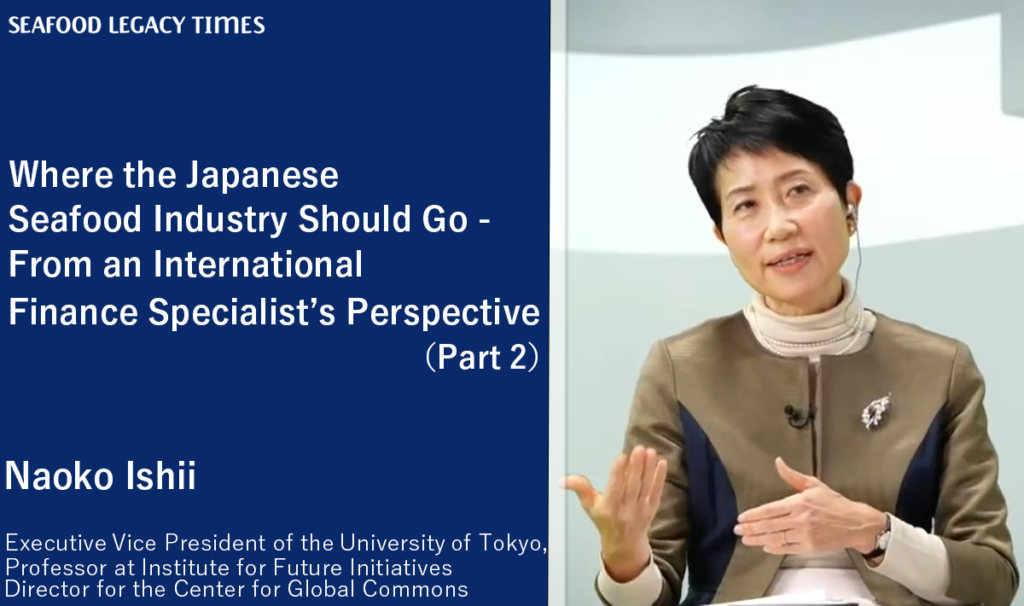







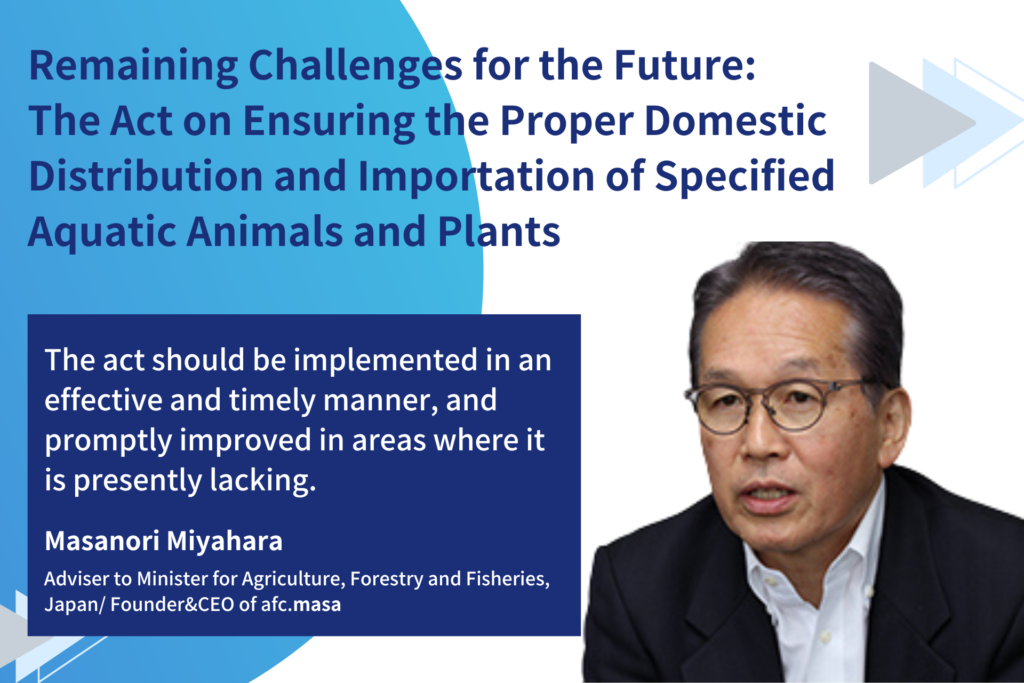
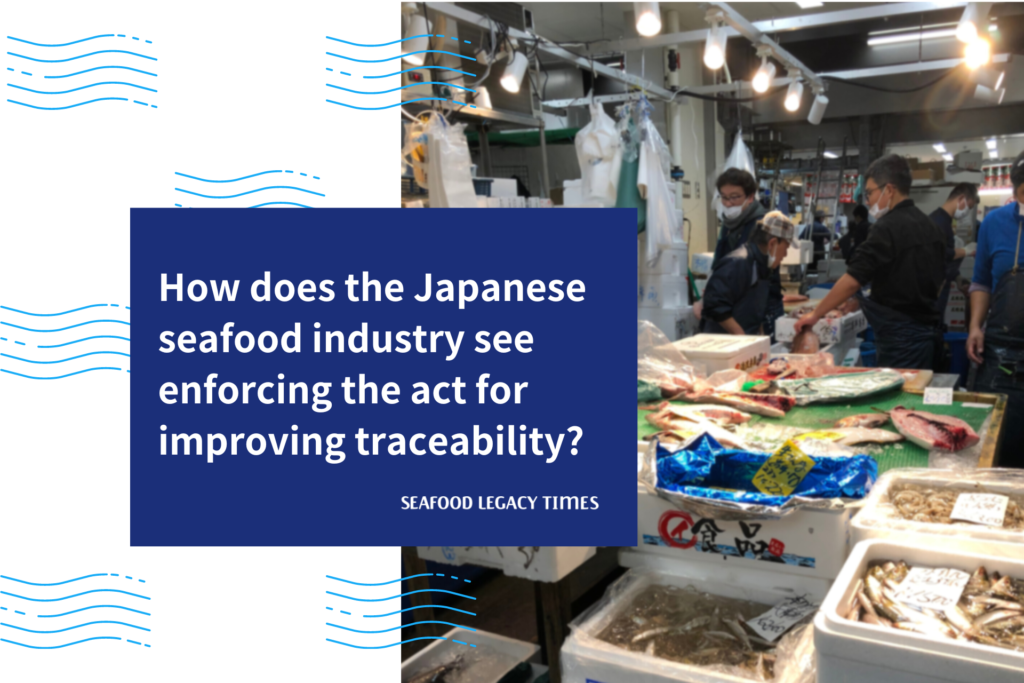



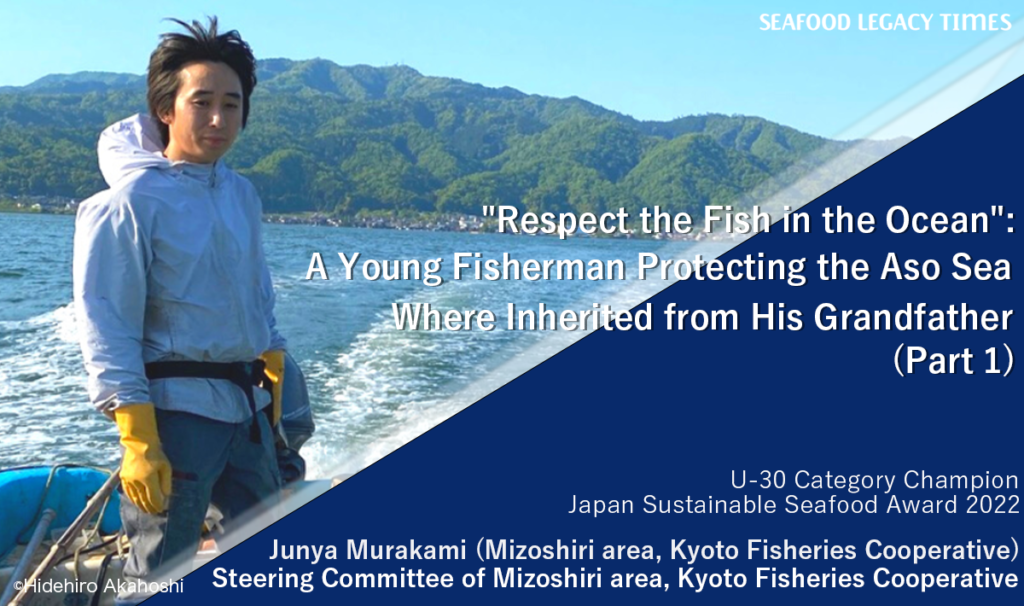
.2-1024x606.png)
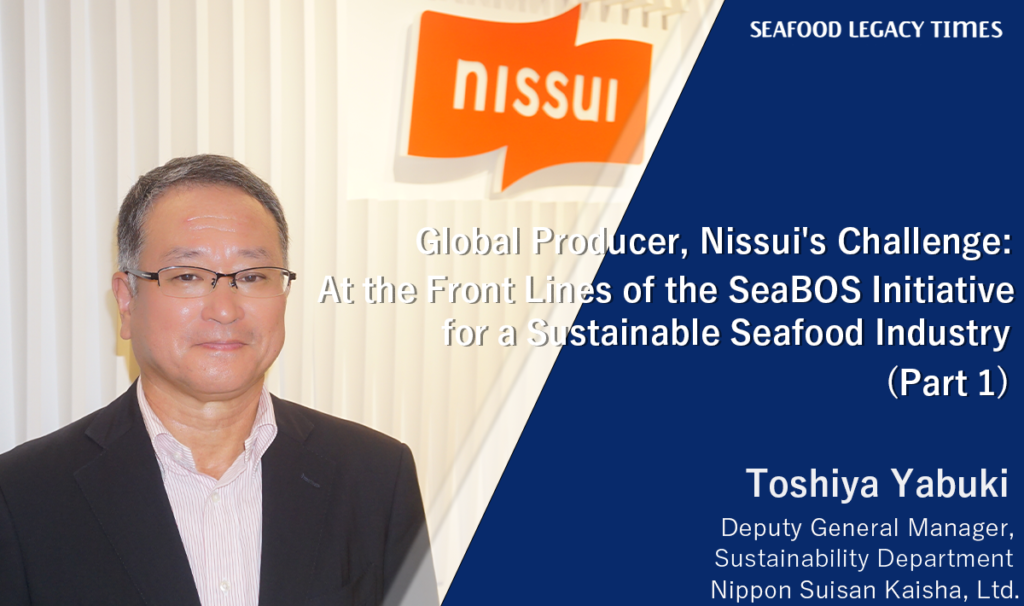
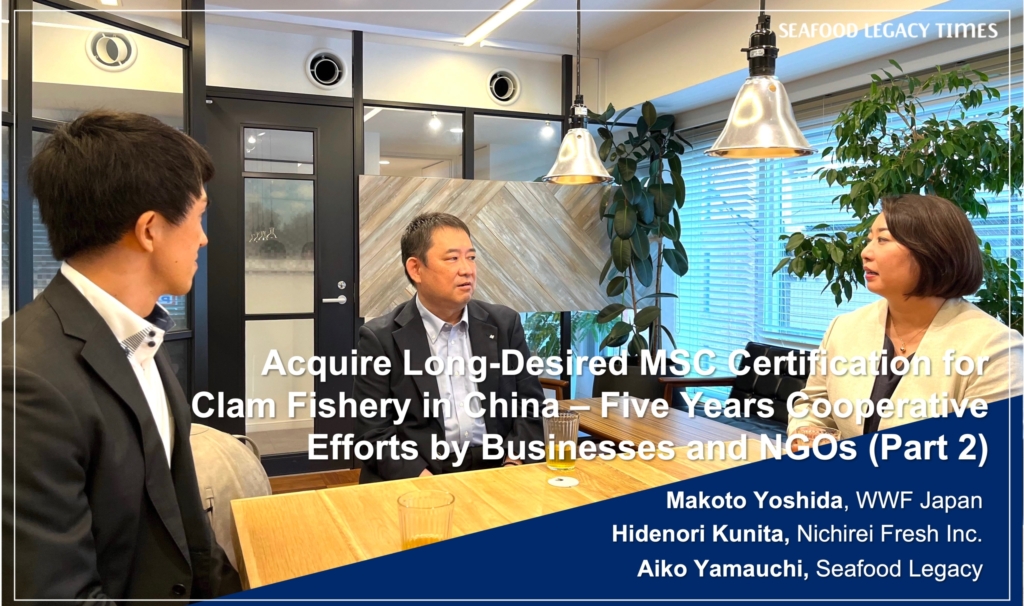
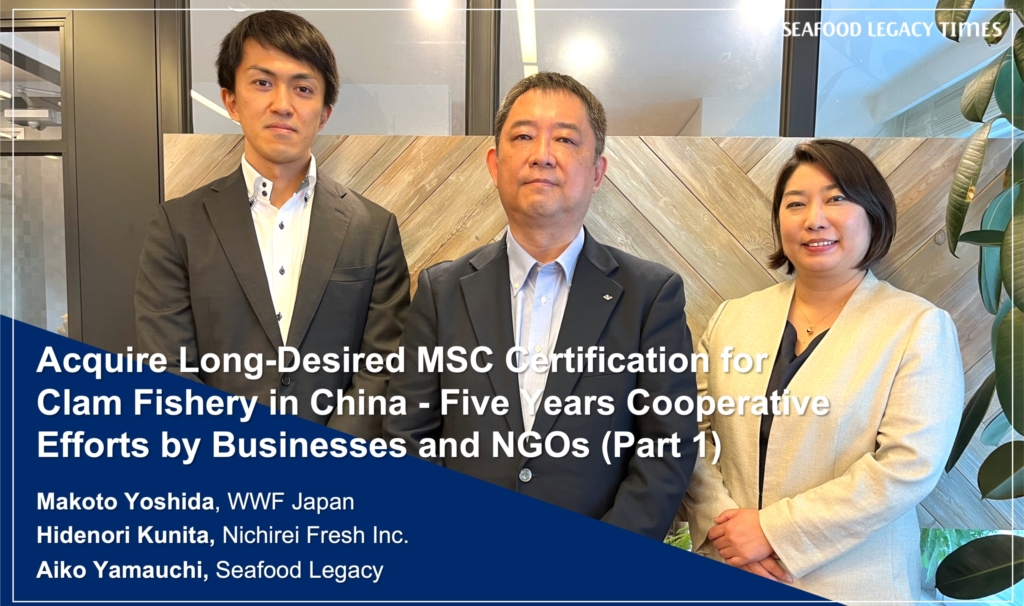






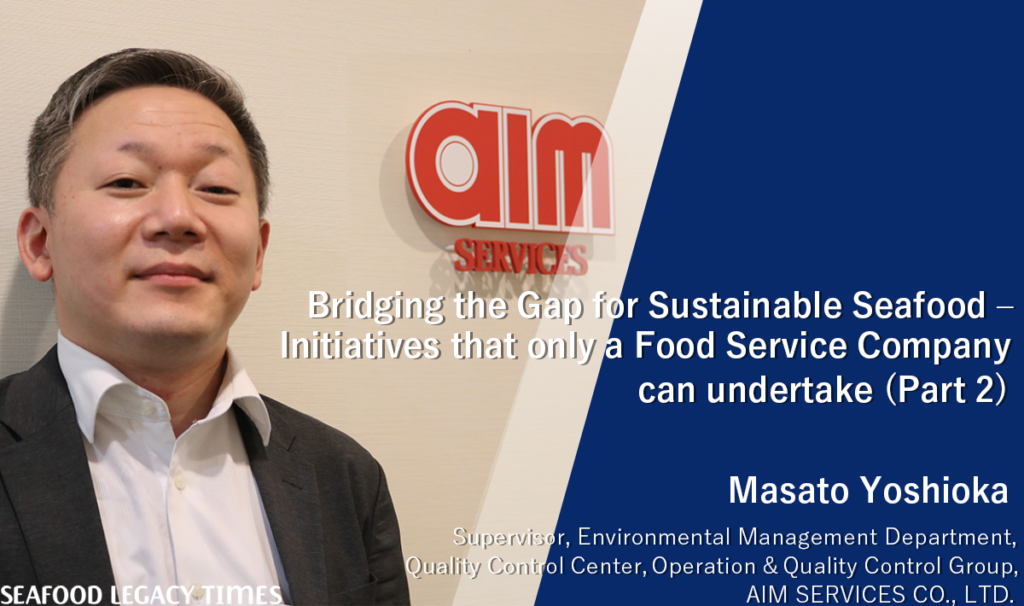
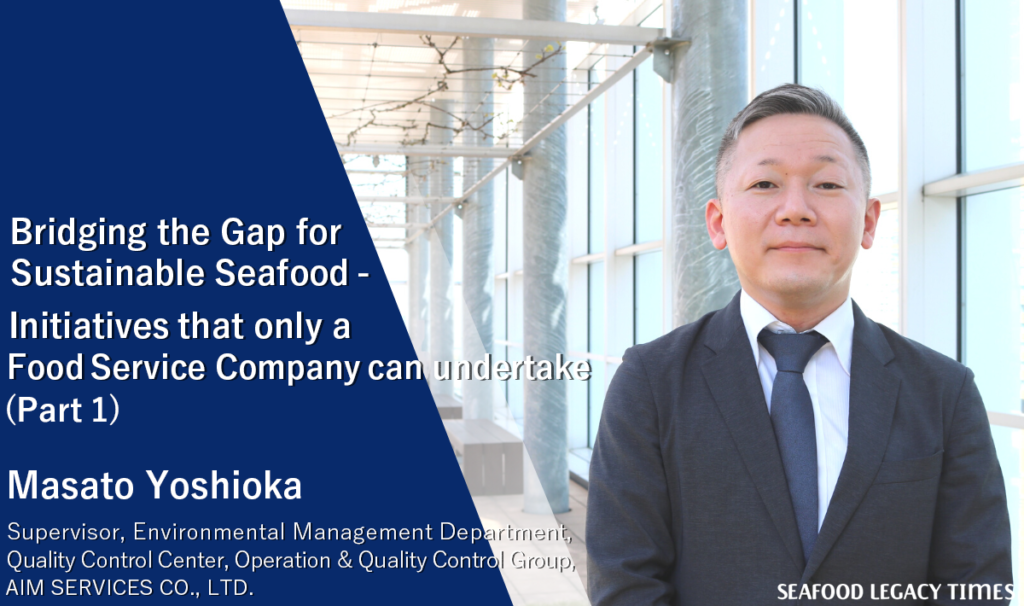
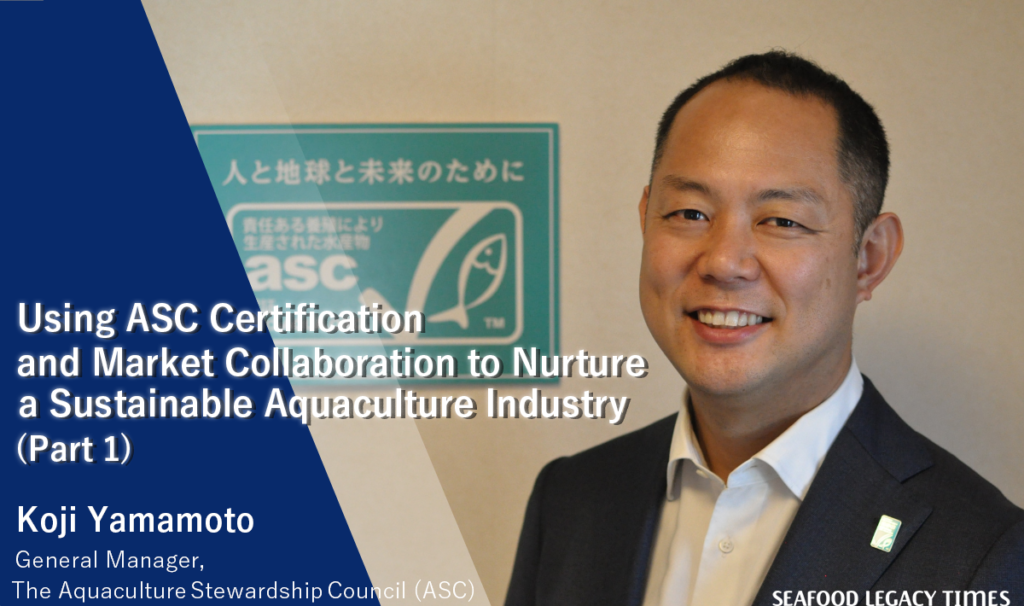
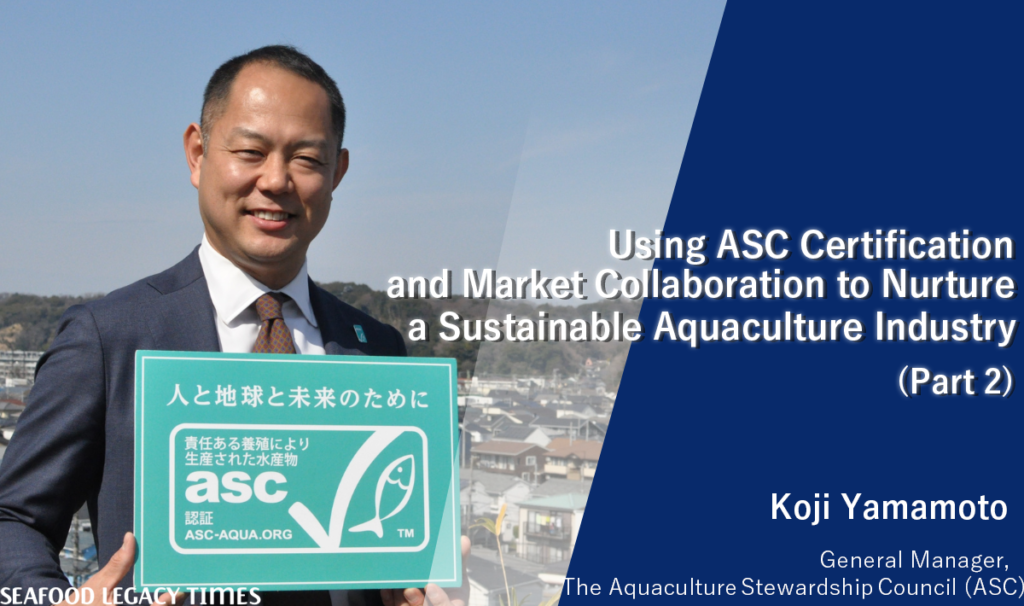
2-1024x606.png)
-1-1024x606.png)
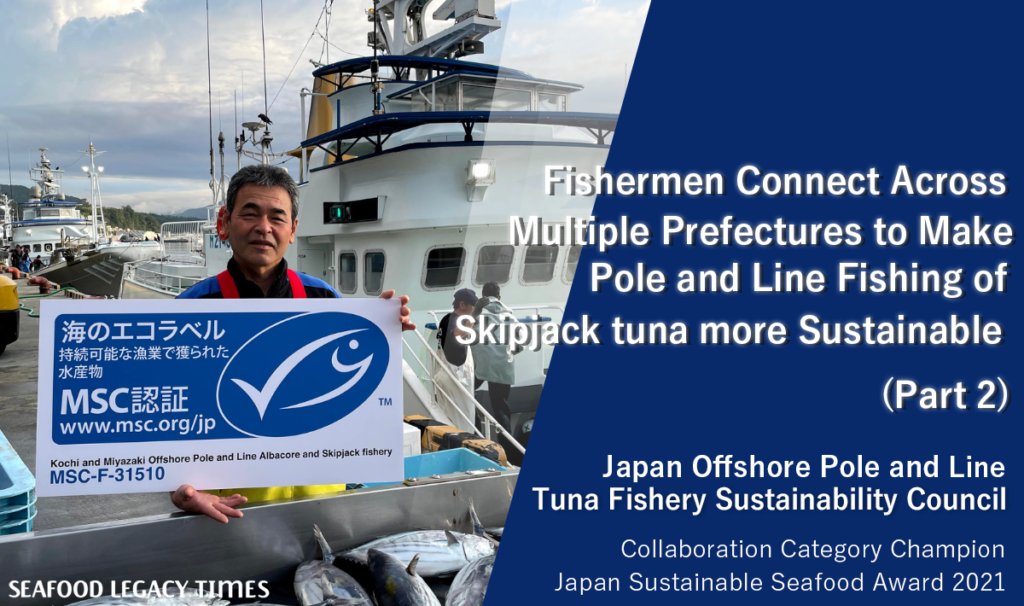
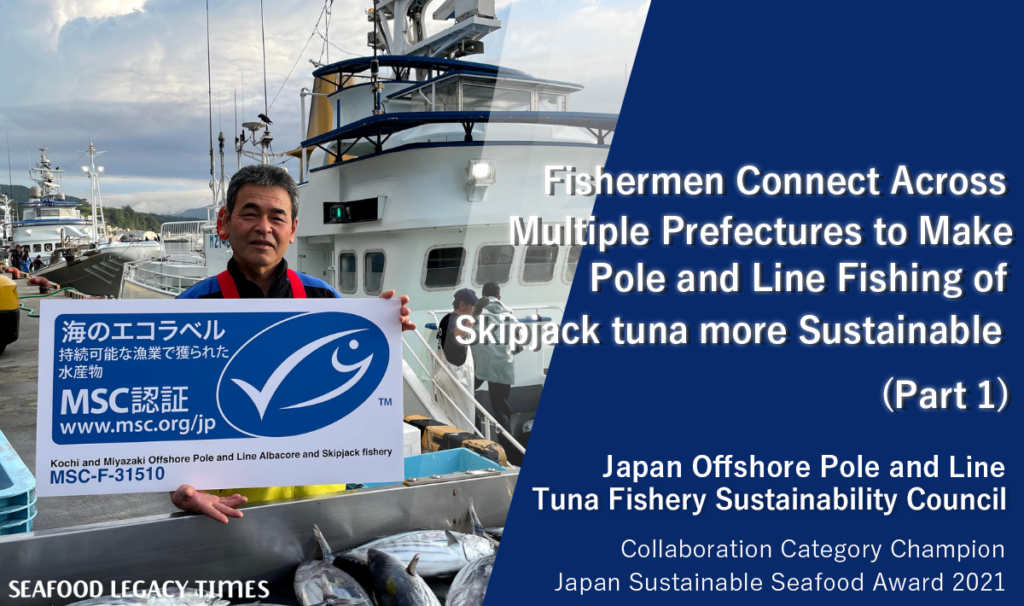
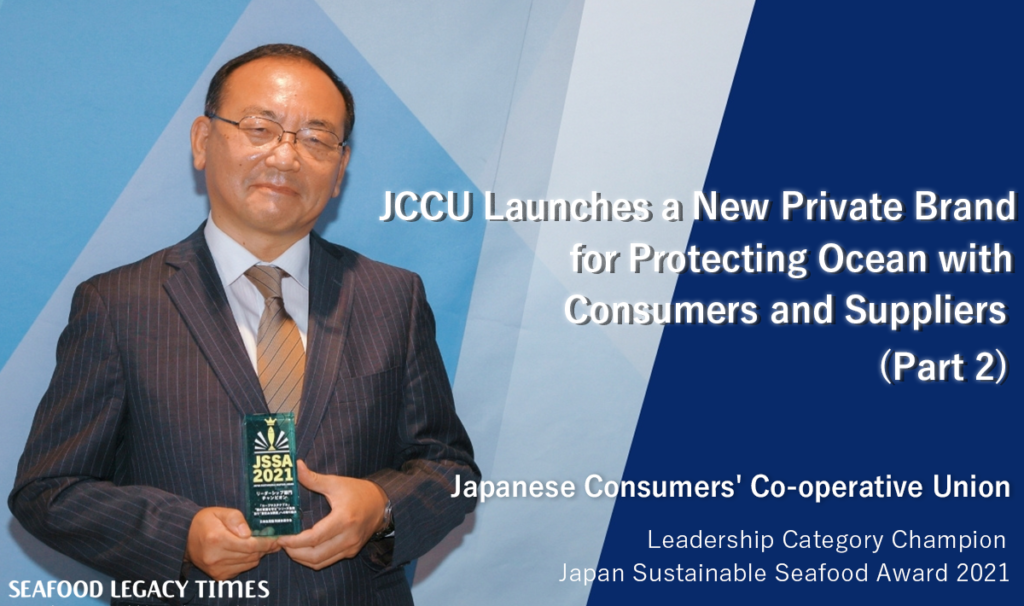
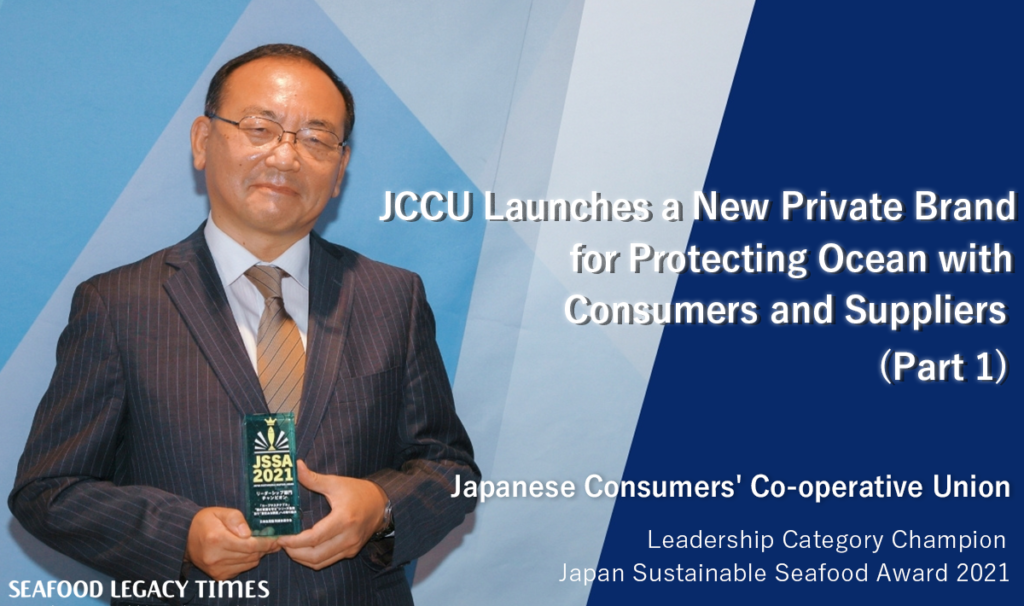
Part2-1024x606.png)
Part1-1024x606.png)
